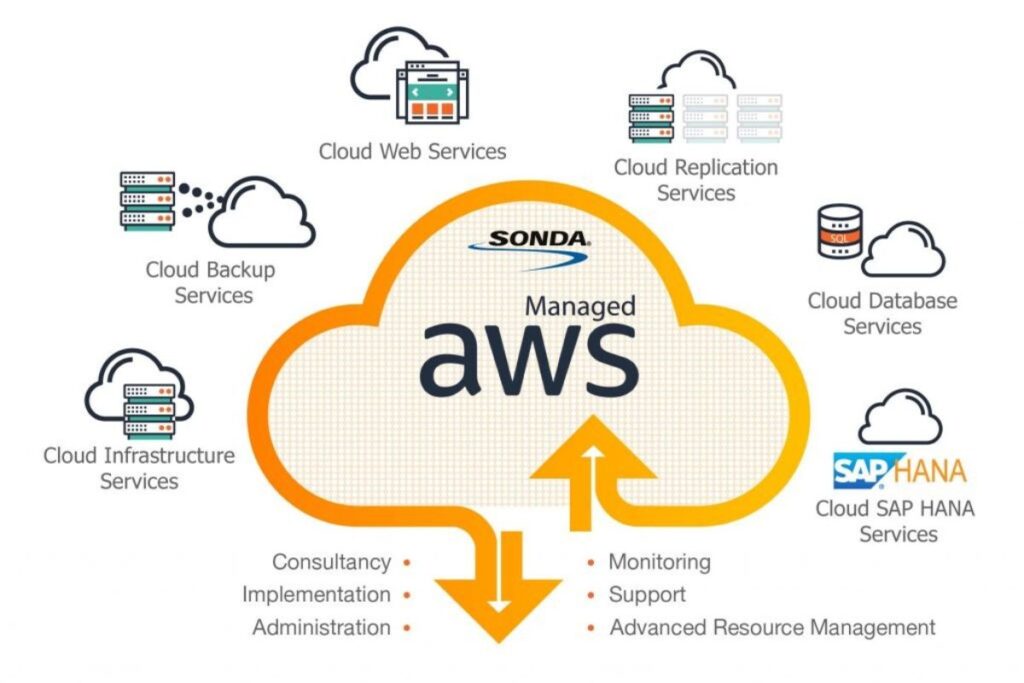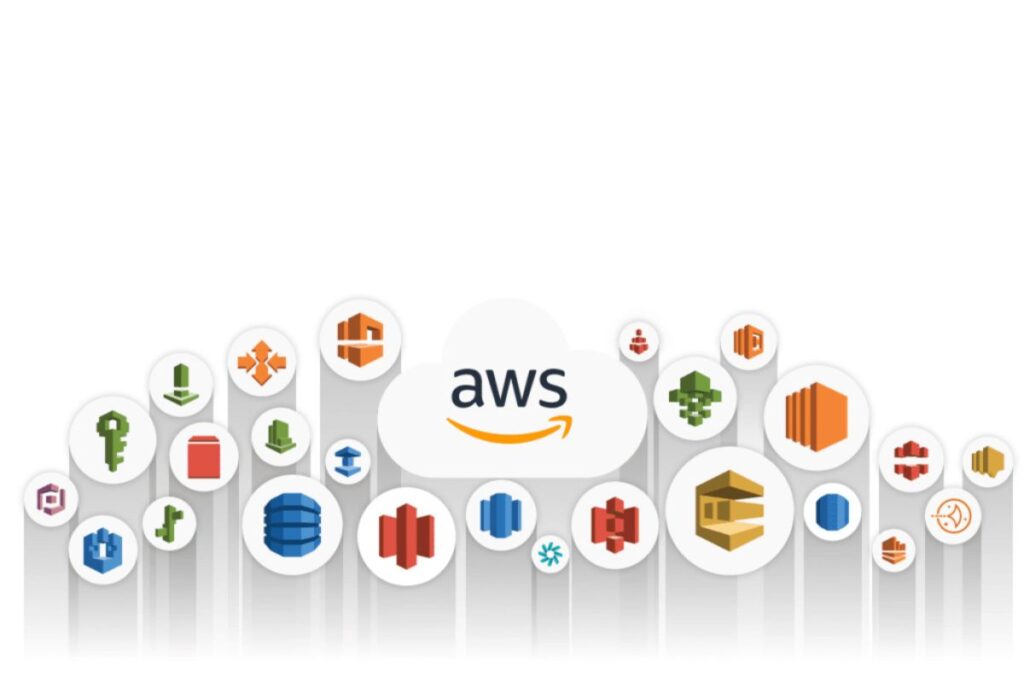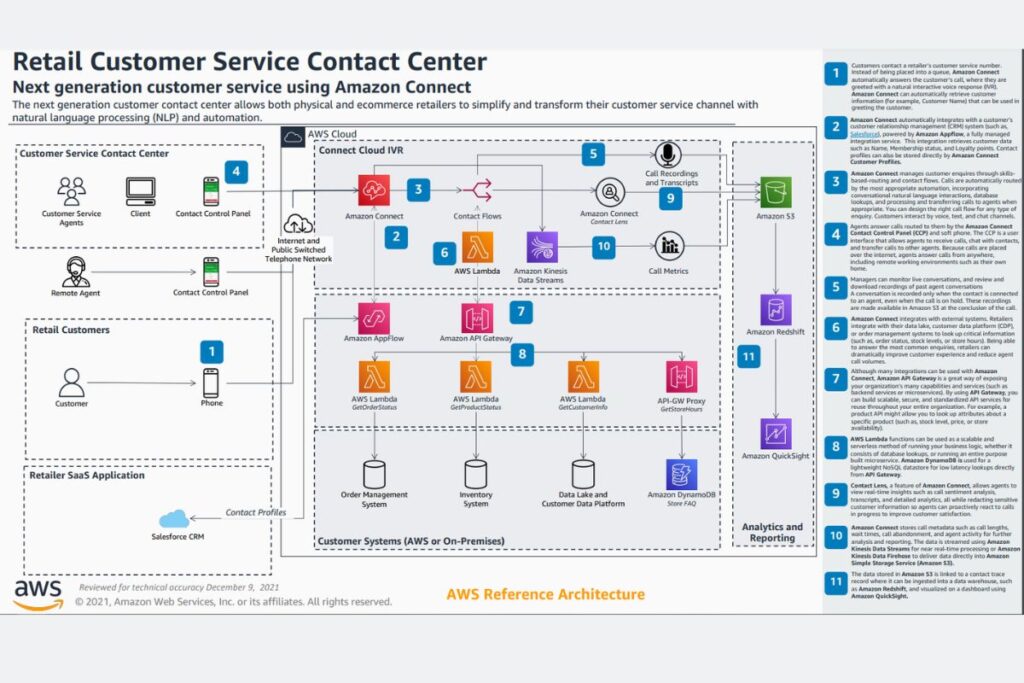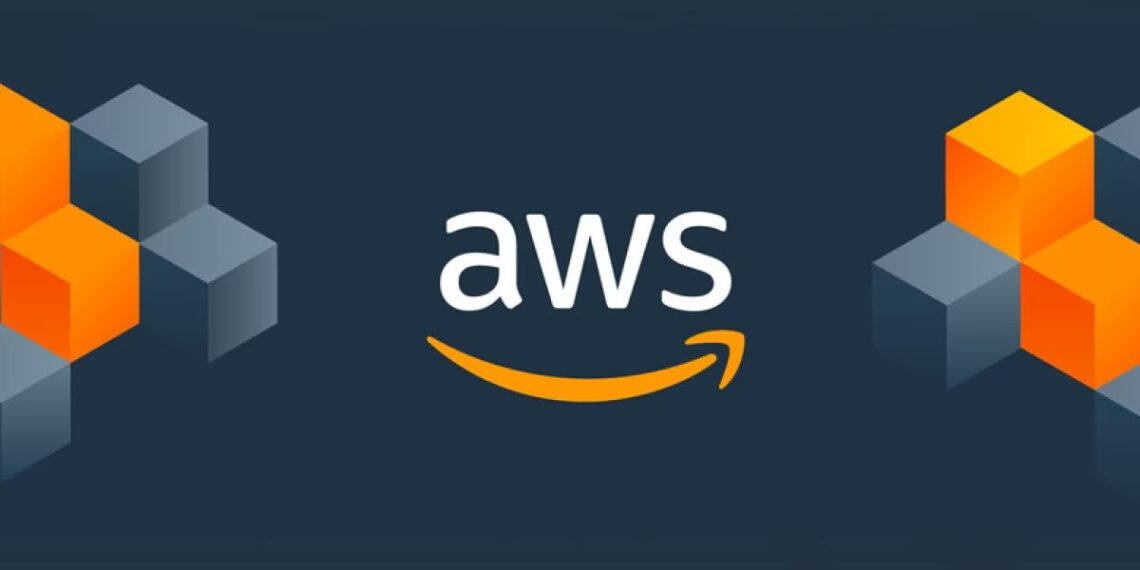Startups today are born in the cloud. Whether launching an MVP or scaling a global user base, the cloud’s flexibility, cost-efficiency, and speed are indispensable. Amazon Web Services dominates this landscape, offering the world’s broadest cloud platform. But is it the right fit for lean, fast-moving startups? With powerful services, but also steep complexity and potential vendor lock-in, choosing AWS requires strategic thinking. 🌍⚙️ In this article, we’ll evaluate whether it is the ideal cloud solution for early-stage startups.
Overview
Amazon Web Services is the most comprehensive cloud platform, delivering over 240 on-demand services ranging from computing and storage to AI and analytics. Originally developed to support Amazon.com’s scalability needs, it has evolved into a global infrastructure powerhouse. Startups use AWS to run everything from small web apps to enterprise-grade platforms, thanks to its flexibility, global reach, and deep service portfolio. 🌐💡 Whether you’re building a fintech app, an AI-powered SaaS, or a global marketplace, AWS offers the building blocks to support rapid development and scaling.
AWS Key Features
⚙️Elastic Compute Power (EC2, Lambda)
Scalable virtual machines and serverless computing options let startups adapt to traffic surges without infrastructure bottlenecks.
🌍Global Reach
With 36+ regions and 100+ availability zones, startups can deploy services close to users for reduced latency and better performance.
📊Managed Databases
Services like Amazon RDS and DynamoDB handle backup, scaling, and maintenance—ideal for lean teams.
🤖AI & ML Services
Amazon SageMaker and Bedrock give startups access to cutting-edge machine learning capabilities without managing infrastructure.
🔐Security & Compliance
Robust encryption, IAM controls, and support for 140+ compliance certifications help startups in regulated industries stay compliant.
💸Pay-as-you-go Pricing
No upfront cost and granular billing help startups align cloud spending with usage. Free tier and credits add extra runway.
🛠️DevOps & Automation Tools
Tools like CodePipeline, CloudFormation, and CloudWatch automate deployment and monitoring workflows.
🤝Startup Ecosystem Support
Through the AWS Activate program, startups get access to credits, support, training, and community events.

AWS Pros and Cons
👍 Pros
- Scalable infrastructure that grows with your startup
- Rich catalog of 240+ services
- Global data center presence
- Excellent security features and compliance support
- Massive startup credits via AWS Activate
- Extensive documentation and community
- Pay-as-you-go flexibility reduces capex
👎 Cons
- Complex pricing model with hidden costs
- Requires significant cloud expertise
- Vendor lock-in risks with proprietary services
- Overkill for simple MVPs
- High learning curve for non-technical teams
- Premium support comes at a cost
Considering AWS for Startups
📌 What’s your core infrastructure need—compute, storage, AI, or DevOps?
AWS supports all major infrastructure categories with scalable compute (EC2, Lambda), flexible storage (S3, EBS), advanced AI/ML tools (SageMaker, Bedrock), and DevOps automation (CodePipeline, CloudFormation), making it suitable for diverse startup needs.
💰 Are you budget-conscious? Think beyond the free tier and plan for post-credit costs.
Yes. While AWS offers a generous Free Tier and up to $100k in Activate credits, post-credit usage can become expensive without careful monitoring and cost optimization tools like Cost Explorer, Budgets, and Savings Plans.
🔗 Do you require third-party integrations or APIs for your stack?
AWS offers strong API support and native integrations with tools like Slack, GitHub, and many frameworks, making it flexible for a wide range of tech stacks.
👥 What’s your team’s size and technical depth—do you have AWS experience?
Startups without in-house AWS expertise may face a steep learning curve. The platform requires technical knowledge to avoid misconfigurations and control costs, though managed services can offset some of that burden.
📈 Are you anticipating significant growth or traffic spikes?
AWS is highly scalable, offering automated elasticity through services like EC2 Auto Scaling and serverless computing. It’s ideal for startups expecting variable workloads or fast growth.
🌍 Are you targeting global markets with low-latency requirements?
Yes. AWS has the broadest global infrastructure footprint, enabling low-latency deployment in 36+ regions, making it optimal for startups with global users.
🔐 Do you operate in a regulated industry with strict compliance demands?
AWS is compliant with 140+ standards (e.g., HIPAA, PCI-DSS, GDPR) and offers strong encryption and identity access management, making it well-suited for fintech, healthtech, and other regulated sectors.

AWS Plans and Pricing
AWS uses a pay-as-you-go pricing model💸, with charges based on actual usage (e.g., per second/minute/hour/GB). It also offers:
- Free Tier: 12-months access to services like EC2, Lambda, S3, RDS (limited quotas)
- Savings Plans / Reserved Instances: Up to 72% off in exchange for a 1–3-year commitment
- Spot Instances: Deep discounts for flexible, non-critical workloads
Here’s a simplified look at common services for startups:
| Service | Pricing (On-Demand) | Startup Use Case |
|---|---|---|
| EC2 | From $0.0058/hour | Web servers, backend apps |
| S3 | From $0.023/GB/month | Static file and image storage |
| RDS | From $0.017/hour | Managed databases |
| Lambda | $0.20 per 1M requests | Serverless backend |
| CloudFront | $0.085/GB out | CDN for static & dynamic content |
| Activate Credits | Up to $100K | Free usage to offset early costs |
AWS Startup Discount Info
AWS doesn’t offer public discount codes, but it provides generous credits through its AWS Activate program 💸🎯. Startups can receive up to $100,000 in credits, depending on their affiliation with VCs or accelerators. Offers typically apply to new customers, early-stage startups (pre-Series B), and include access to support, training, and partner perks for 12–24 months. 🤝📘
Comparing AWS with Alternatives
| Feature | AWS | Google Cloud | Microsoft Azure |
| Free tier | ✅ | ✅ | ✅ |
| AI/ML tools | ✅ (SageMaker, Bedrock) | ✅ (Vertex AI) | ✅ (Azure ML) |
| Global coverage | ✅ | ✅ | ✅ |
| Simplicity for small teams | ❌ | ✅ | ✅ |
| Vendor lock-in risk | High | Medium | Medium |
| Startup credits | Up to $100K | Up to $100K | Up to $150K |

FAQs
❓ Is AWS easy for early-stage startups to get started with?
Yes, if you have technical skills. It offers a free tier, good documentation, and training resources, but beginners may face a steep learning curve.
❓ Can I integrate AWS with my existing stack?
Absolutely. It supports a wide range of APIs and integrations with tools like Slack, GitHub, and popular frameworks.
❓ Are there unexpected costs to watch out for?
Yes—data transfer, idle resources, and misconfigured services can lead to surprises. Use Cost Explorer and Budgets to manage expenses.
❓ Does AWS work well for remote or global teams?
Yes. With its global infrastructure, teams can deploy workloads close to users across continents for better speed and compliance.
❓ What happens after my AWS Activate credits run out?
You’ll be billed at regular rates, so it’s important to monitor usage and consider Reserved Instances or Savings Plans to optimize costs.
Final Thoughts
AWS is a powerful and flexible platform that can scale with your startup from MVP to global expansion. With robust infrastructure, deep service breadth, and a strong startup support program, it’s an excellent fit for technically capable teams building ambitious products. 🌟🧠
However, its complexity, pricing unpredictability, and steep learning curve may overwhelm lean teams without cloud experience. If your team is ready for the technical challenge—and can take advantage of Activate credits—AWS might be your best long-term bet in the cloud race. 💼🌩️









